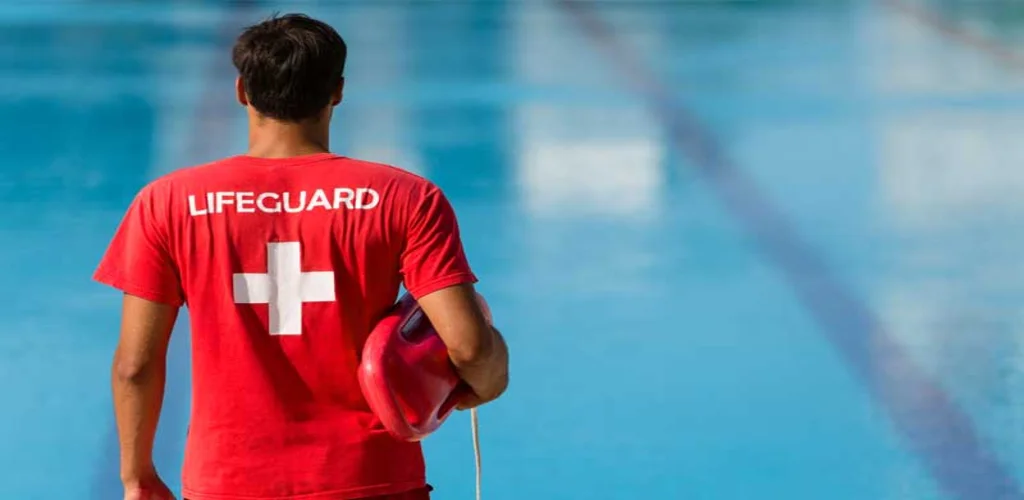The basic 2 principles to get the title of lifeguard

In principle, you should know that getting the title lifeguard is a job where you will have to interact with hundreds of people. Surely you will think that this job is entertaining and enjoyable, however, as a lifeguard you will have a great responsibility on your shoulders with the people around you.
This means that you will have to act at critical moments when accidents occur, where you will have to exercise control. Among these accidents, there are Falls, drowning, slips, blows, and many others.
On the other hand, you can carry out your work as a lifeguard by lifeguard training courses in public and private companies, which are dedicated to prevention, surveillance, and rescue. In this sense, you will be able to carry out your work in spaces, such as Conventional swimming pools, natural aquatic spaces, rescue companies, tourism companies, hotels, sports and recreation clubs, rivers, reservoirs, and beaches, among others.
1)Requirements to get the title of lifeguard
If you want to practice as a lifeguard, you will have to meet the following requirements:
- To be older than 16
- Have the authorization of your parents or representative
- Have completed the second grade of ESO, that is, have a school title
- Excellent level of swimming (crawl and breaststroke)
Besides:
Be physically fit. It should be noted that this requirement is essential since you will have to present both technical and physical resistance tests.
have a good presentation
Being sociable and with emotional intelligence. In this way, you can have the necessary empathy when an accident occurs.
Have good reflexes in an emergency, as well as mental control to handle these situations.
be very polite
be highly professional
Have knowledge of first aid , and also basic support or SVB. In this sense, you will have to have knowledge of: cardiopulmonary resuscitation, spinal cord injuries, and others
Have mastery of aquatic rescue techniques, such as: victim control, towing and extractions (with and without spinal cord injury).
2)How to obtain the title of lifeguard?
High level techniques in swimming
Accident prevention techniques in unconventional and natural aquatic spaces. Rescue techniques in case of accidents , or emergency situations in the various aquatic spaces, Assistance techniques (first responder), in case of emergencies or accidents. To conclude this post, it is necessary to add that lifeguarding should be part of the Spanish educational system, since: It represents an educational activity, where you can transmit specialized knowledge and human values.
In addition, it is a work of great responsibility, commitment and aesthetic beauty.
Finally, you will be able to give people useful and necessary experiences to face current living conditions.
What American lifeguard association is offering:
The fund will be made available until they are exhausted. The price reflects a special $100 discount due to the grant we received, for our regular price is $385. You can get our lifeguard training services to get the title of lifeguard.
Additionally what not to do as a lifeguard:
These are some of the things you should not do if you are a lifeguard
Do not act without adequate training:
Do not act in emergency situations without adequate training and training.
Do not take unnecessary risks:
Do not take unnecessary risks that may endanger your life or that of the people being rescued.
Do not act without the proper equipment:
Do not act in emergency situations without the proper equipment and tools necessary for an effective response.
We help you with your course to be a lifeguard.






